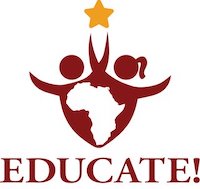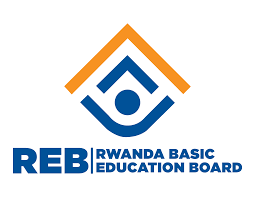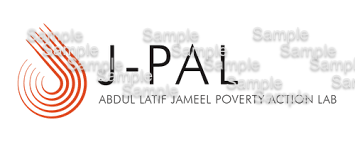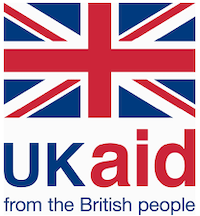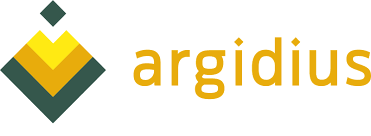Training Entrepreneurship Teachers in Rwanda Improves Pedagogy, Increases University Enrollment, but Does Not Generate Economic Returns in Medium-Term
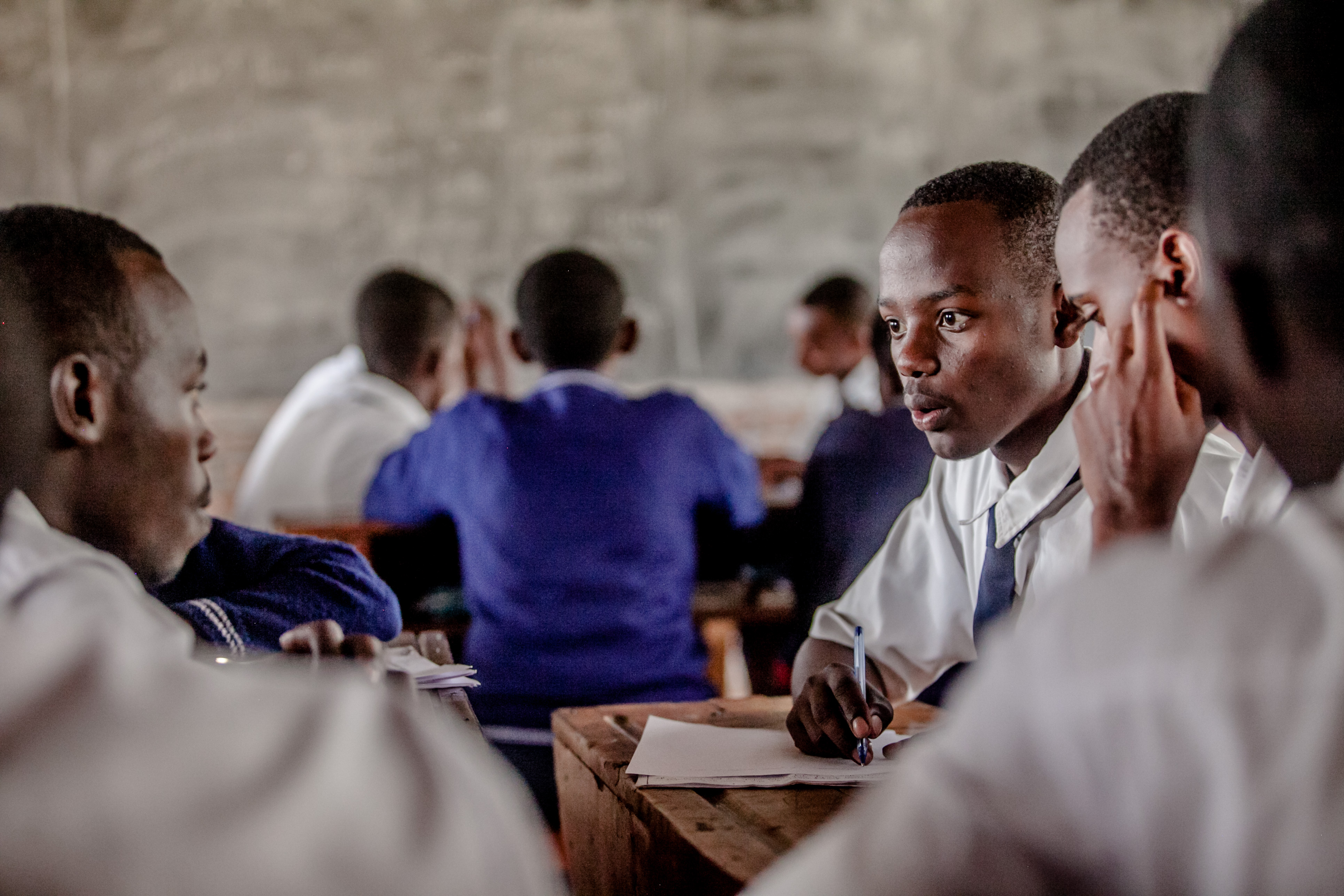
Abstract
Secondary school enrollment in Africa is expected to double by 2030, yet high youth unemployment rates suggest that the existing formal education system is not preparing students to improve their livelihoods through work. Partnering with the Rwandan Education Board and Educate!, researchers examined the impact of a program that trained teachers and supported them in implementing Rwanda’s revised secondary school entrepreneurship curriculum on student academic, economic, and labor market outcomes. Two years after the program began, researchers found positive impacts on teacher pedagogy, in a manner consistent with the reformed curriculum, and increased student engagement in business activities, with offsetting declines in employment. In the follow-up, gains in entrepreneurship faded and employment was lower for students in the program than students in the comparison group, though there seemed to be increases in university enrollment. There were also no robust differences in income or profits between students in the program and the comparison group. Incomes and profits fell among students who were less likely to be entrepreneurs before the program. Results suggest that more work is needed to understand how to reform entrepreneurship education to generate positive medium-term impacts.
Policy Issue
If current trends continue, secondary school enrollment in Africa will double by 2030. [1] However, high youth unemployment rates in the region suggest that the existing formal education system does not prepare students for the labor market. To address this pressing policy issue, many countries in the region have launched efforts to update their curricula to explicitly focus on developing student skills. [2] However, curriculum reforms can only improve student outcomes if teachers adopt the new pedagogical methods prescribed. Little evidence exists on how to effectively train teachers to implement a nationwide curriculum reform, particularly at the secondary level. This study examined the effect of a teacher training and support program on teacher pedagogy and student educational, skill, and labor market outcomes.
Context of the Evaluation
In Rwanda, 72 percent of employed youth work for family firms or are self-employed, often in the informal sector. [3] Equipping students with business skills is therefore essential to facilitate their transition from school to economic activity. Rwanda introduced entrepreneurship as a required subject in secondary schools in 2009. As part of its 2016 curriculum reform, all secondary school students in Rwanda were required to take a modified entrepreneurship course focused on providing students with skills to succeed in the labor market. The new curriculum included key pedagogical guidance designed to move classrooms away from rote learning and towards the practical application of skills.
The new components included:
- An explicit focus on active pedagogies through Skills Labs, an 80-minute weekly class structured in a laboratory format that follows a “Build-Practice-Present” arc, enabling students to practice and apply entrepreneurship concepts and skills through hands-on in-class activities, then present their progress to their peers.
- Student Business Clubs, where students worked in teams to start and run school-based businesses.
The curriculum reform represents a major shift in pedagogy, moving to more interactive, student-centered learning.
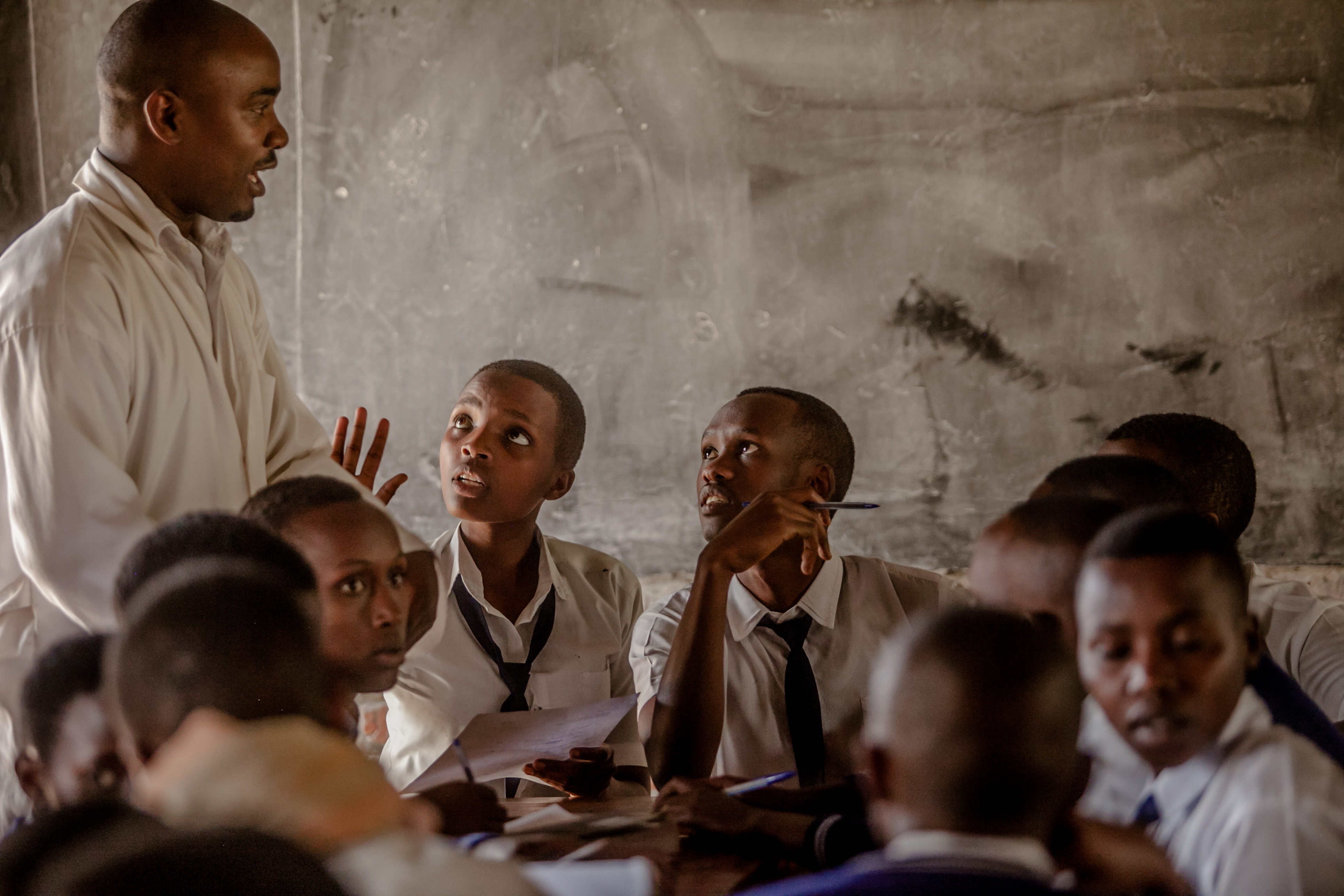
Details of the Intervention
Working with the Rwandan Education Board and Educate!, researchers examined the impact of a teacher training and support program on teacher pedagogy and student academic, skill, and labor market outcomes. The program was designed to support the roll-out of Rwanda’s revised secondary school entrepreneurship curriculum. Researchers sampled 207 geographically diverse (urban, peri-urban, and rural) schools across 11 districts to participate in the study.
Half of the schools were randomly selected to receive the Educate! Exchange program, an intensive teacher training and support program which included:
- Intensive teacher training: Six multi-day trainings spread over the two years of the intervention. Sessions were held during holidays between terms and blended traditional training and practical application. The training emphasized lesson planning, engaging students in classroom discussions, encouraging students to create entrepreneurship portfolios of their work, and assisting student business clubs to form and grow.
- Exchange Visits: Beginning in term two of the first year, teachers visited each other’s schools three times per year to observe and provide feedback to peers.
- Outreach and support: Teachers received ongoing support to implement the curriculum by youth leaders hired and trained by Educate!
The other half of schools served as the comparison group, which received the new entrepreneurship curriculum and a general one-time training. Comparison schools did not receive the Educate! training.
Through baseline, endline, and two follow-up surveys, researchers measured the impact of the teacher training and support program on teacher and head teacher perceptions of effective teaching practices, and on teacher pedagogical practices. They also examined impact on student outcomes at the conclusion of the program and after students completed secondary school. Student outcomes include labor market and economic activity, university enrollment, and non-cognitive skills. Researchers also collected administrative data on student exam performance and on COVID prevalence.
Results and Policy Lessons
In 2019, one year after the conclusion of the program, students in schools who received the Educate! program were 19 percent more likely to be involved in business, their income and profits remained level, and they were 3 percentage points more likely to be enrolled in university than peers in the comparison group. In 2021, students’ economic outcomes did not improve on average, their wage employment decreased by six percentage points, and income among students who were less likely to be entrepreneurs before the intervention was lower. Increases in university enrollment persisted but were less precise.
Teachers participating in the Educate! Exchange program devoted time to participate in trainings and exchange visits. On average, schools that received the training and support program sent teachers to more than five out of the six scheduled trainings and four out of every five exchange visits.
Teachers modified their pedagogical practices according to the reformed curriculum. Schools in the program were 52 percentage points more likely to have scheduled Skills Labs, a more than six-fold increase over eight percent in the comparison group. The program increased active instructional time by 10 percentage points during the second half of the class period, in line with the “Skills Lab” Build-Practice-Present methodology. It also increased active instructional techniques such as group discussion, research, case studies, debates, and role playing by six percentage points, or 19 percent relative to the comparison group. Teachers in the program also scored eight percentage points higher on a test of the content of the entrepreneurship curriculum.
Impacts on entrepreneurship: In 2019, 6 months after youth completed secondary school, students in schools who had received the Educate! program were six percentage points (or 19 percent) more likely to be involved in business ventures relative to the comparison group mean of 31 percent. They were more likely to be involved in businesses started in school and outside agriculture. The portion of students who were not in employment, education, or training (NEET) declined by 3.6 percentage points (from a comparison group mean of 41 percent), and those who were concurrently employed and in business increased by 1.7 percentage points (from 6 percent in the comparison group).
By 2021, Educate! students were no more likely to be involved in business. In addition, comparison group students were 6.5 percentage points more likely to be employed. Results suggest that COVID-19 made it difficult for students whose schools received the Educate! program to sustain business ventures while comparison group students relied on more stable wage employment.
Impacts on education: Students whose schools received the Educate! program scored lower on their high school exit exams by 0.09 standard deviations in 2019. This result suggests that schools in the program shifted their focus to entrepreneurship, and students did not focus as much on exam preparation. Despite decreased exam scores, Educate! students had 3.1 percentage points higher (double) university enrollment than for comparison group students (mean 4 percent) in 2019. These gains persisted through 2021 but were less precisely estimated. The program seems to have facilitated enrollment among academically weaker students and for students from higher socioeconomic backgrounds.
Impacts on income and profits: In 2019, there were no differences in income and profits between students whose schools received the Educate! program and comparison group students.
By 2021, economic welfare for students whose schools received the Educate! program did not improve relative to the comparison group. Average profits for those involved in business decreased by USD $70.80 (comparison group mean = USD $196.40) and average profits overall decreased by USD $22.60. These results are sensitive to how profits are measured, however. Average wages decreased by USD $9.40 (comparison group mean = USD $26.60). Total income overall decreased by USD $5.60 (comparison group mean = USD $46.90), significant at the 10%. University enrollment may partially explain decreases in income, but that the program did not improve income in the medium term is worth further exploration.
Decreases in income and profits were concentrated among students who were less likely to become entrepreneurs before the intervention. This suggests that the program induced these students to start an enterprise and thus earn a lower income than they may have earned in a different career.
Cost-Effectiveness: The intervention cost USD $71 per student over the three years of the program, or an annual average of USD $24 per student. The 6 percentage point increase in business ownership in 2019 led to one additional business per 17 students in schools that received the Educate! program, or USD $1,203 per business generated. However, the lack of impact on employment, income, and profits two years later indicates that the returns did not cover the cost of implementation. The returns to cost rather appear to lie with university enrollment if these students earn higher incomes in the longer run. Program cost-effectiveness could therefore increase if Educate! focuses on university preparation rather than entrepreneurship.
Overall, results offer lessons for implementation and highlight the challenges faced by low- and middle-income country policymakers looking to reorient traditional education systems. The Educate! Exchange program succeeded in modernizing the pedagogy of entrepreneurship teachers and overcome rigid curricula. In addition, it was moderately successful in generating positive outcomes for students in the short term. Continued refinement can help to identify how to structure an entrepreneurship education program, how to prepare teachers to teach it in a skills-based way, and how it can strengthen youth employment and economic opportunities in the long run.
This document is an output from a project funded by the UK Foreign, Commonwealth & Development Office (FCDO) and the Institute of Labor Economics (IZA) within the G²LM|LIC Programme. This research is also funded by the J-PAL Post-Primary Education Initiative and the Argidius Foundation. The views expressed are not necessarily those of FCDO, IZA, J-PAL, or Argidius Foundation.
Sources
1, 2. Raphael Obonyo, “Preparing young Africans for jobs of the future,” Africa Renewal, September 14, 2022, https://www.un.org/africarenewal/magazine/september-2022/preparing-young-africans-jobs-future
3. African Economic Outlook. 2016. “Promoting Youth Employment.” 2016. http://www.africaneconomicoutlook.org/en/theme/youth_employment/












